
The Fieldston Lower School campus, which recently announced plans to begin dividing students up into affinity groups
Affinity groups, which up until a few weeks ago existed only in the Upper and Middle schools, have begun in the Lower division of the Fieldston campus.
The program consists of race-based discussions where students — and now parents — of the ECFS community can gather to discuss the expectations, privileges, and challenges linked with specific racial identities.
“We have been discussing starting racial affinity groups at Fieldston Lower for 7 to 8 years,” said Lower School Principal George Burns. “The faculty has worked with experts such as Jane Bolgatz (author of ‘Talking Race in the Classroom’) to help develop our own understanding, awareness and skill in discussing issues of race with elementary aged children. We feel very ready and very excited that we have finally gotten started.”
Mariama Richards, second-year Director of Progressive and Multicultural Education at Fieldston, has been working closely with Mr. Burns and the Principal at Ethical, Rob Cousins, to start conversations about racial literacy in the lower schools.
“It’s a way to prepare students for the discussions they will have about race in their futures at Fieldston and as young adults,” Ms. Richards said. “We assume that everyone is going to have the language they need to discuss racism and racial identity — but, just because I am black and experience the world as a black person doesn’t naturally mean I have the language to deal with what is impacting me because of that race.”
There are five, 45 minute sessions planned for the school year. Fieldston Lower had their first meeting in January, and the affinity groups at Ethical Culture are scheduled to begin in April after spring break.
“In line with our progressive philosophy, students choose their group for their conversation,” said Head of School Damian Fernandez. “The group options are sent in advance to parents so they can participate with their children in this discussion. If families choose not to participate in an affinity group, their student can opt for a ‘general discussion’ group (initially referred to as a ‘cross-racial’ group).”
Thus far, the affinity groups have been met with a mixed response from the ECFS community. While some parents are happy that their children are engaging in an authentic dialogue about race, others have expressed outrage that the idea will reinforce segregation at Fieldston.
One Fieldston alum, Suzanne Bachner, started a petition on February 11, addressed to the ECFS Board of Trustees, calling for the “immediate dissolution of mandatory racial and ethnic affinity groups at ECFS.” It has been signed by 174 parents and alumni so far.
The petition begins with the contention that mandatory affinity groups “violate anti-discrimination and anti-segregation laws under the Civil Rights Act of 1964.” At the outset of the initiative, ECFS families were emailed a survey entitled “Identity: What is Your Race?” to help the school construct race-based discussion groups. Supporters of the petition argue that this survey “failed to represent Fieldston’s diverse community and multi-cultural backgrounds” by limiting students to a set of five choices, including one “not sure” option.
Critics of the program also say that the affinity groups are not currently overseen by a licensed child psychologist and have expressed concern that the school “has not identified faculty with credible experience to lead the groups on these complex and sensitive issues.”
Prior to the petition, Ms. Bachner posted a status in the Fieldston Alumni Facebook group, which was met with over 323 comments debating the utility of the affinity groups.
On February 21, The New York Times published an article examining new initiatives to discuss white privilege in private schools throughout New York City. Familiar names like Riverdale Country Day School and Friends Seminary popped up in addition to words from anti-racism activist and Fieldston guest speaker, Tim Wise.
Towards the end of the article, the Fieldston school was mentioned in light of its new, lower school affinity group program. One anonymous parent of a Fieldston 5th grader “called the plan ‘mind-boggling’ and said his daughter found the entire concept confusing and unsettling.”
Ms. Richards, upon hearing about the Times article, said in an email that she was disappointed with the portrayal of affinity groups.
“I find it unfortunate that the article focused on the negative reaction from parents as opposed to the many parents who are in favor of our program,” Ms. Richards said. “In addition, I have received numerous emails of support from alumni as well. New programs of any kind can evoke nervousness from people who love the school.”
Dr. Fernandez also addressed this concern in a recent letter to the Fieldston community.
“These groups are not ‘segregationist’ as some have labeled them,” Dr. Fernandez said. “We are a school that aspires to educate students to find their voice in the world. Empowering students to speak from their personal standpoint while understanding that we are all part of a social order marked by difference and commonality is core to our school’s humanist philosophy.”

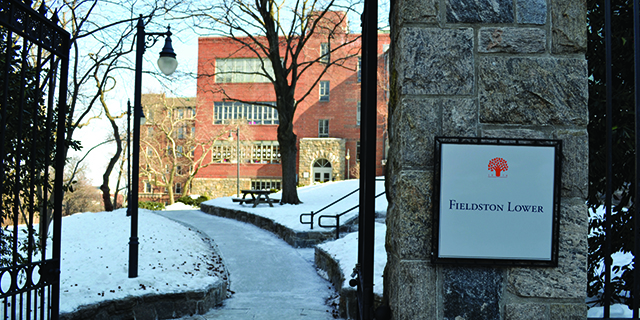
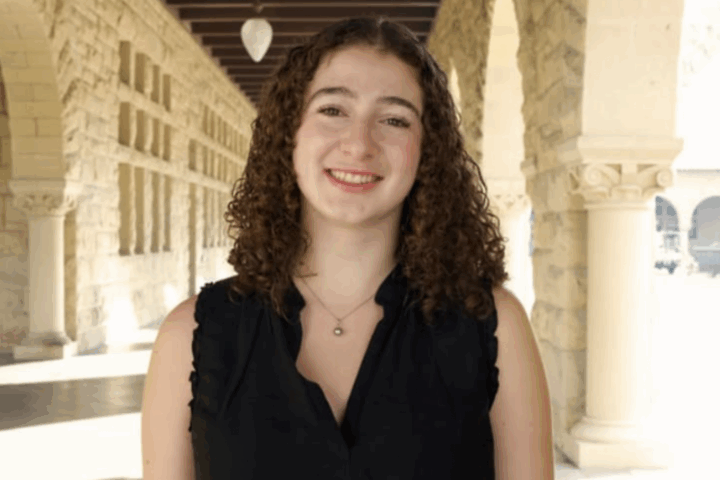
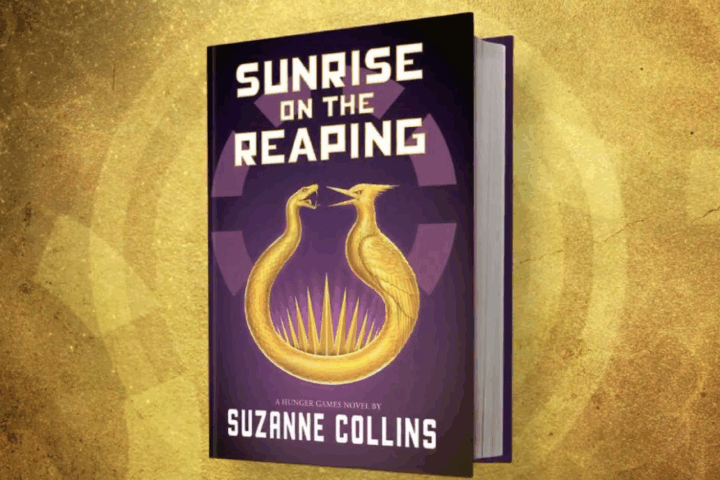
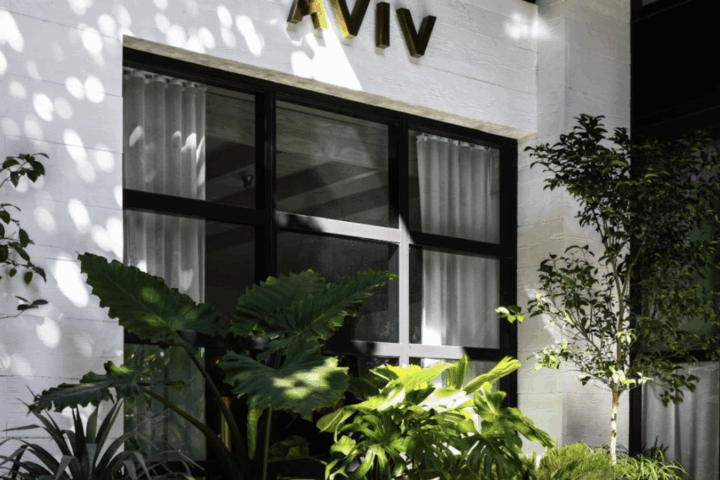

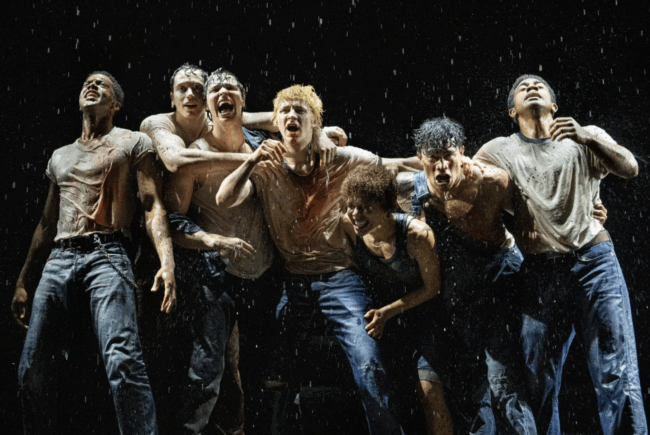
Good article, but better fact-checking, please. Suzanne Bachner did not start the petition. A group of concerned parents from Fieldston Lower and Ethical Culture did. The petition can be found here: http://www.gopetition.com/petitions/dissolve-mandatory-racial-and-ethnic-affinity-groups-at-ecfs.html?amp;q.sl=1&q.id=gwfiofgyizabavjl&q.sl=1. Dr. Fernandez is quoted as saying “group options are sent in advance to parents so they can participate with their children in this discussion.” This is misleading. Forms have been given to FL children without parent knowledge. Dr. Fernandez also said, “If families choose not to participate in an affinity group, their student can opt for a ‘general discussion’ group (initially referred to as a ‘cross-racial’ group).” This is also misleading. The first form that FL students were given during the week of 1/12 did not contain either of these choices.
Hi Alex,
I appreciate your article. But please check your facts before going to press. The petition was not started by Suzanne Bachner. In fact, she had nothing to do with creating the petition. Additionally, she did not post on Facebook “prior to the petition.” Ms. Bachner simply shared the link to the petition on social media as many alumni and parents have done. Information on the genesis of the petition is available in the petition itself. Please print a correction as soon as possible. Thank you for your efforts in reporting this important issue.